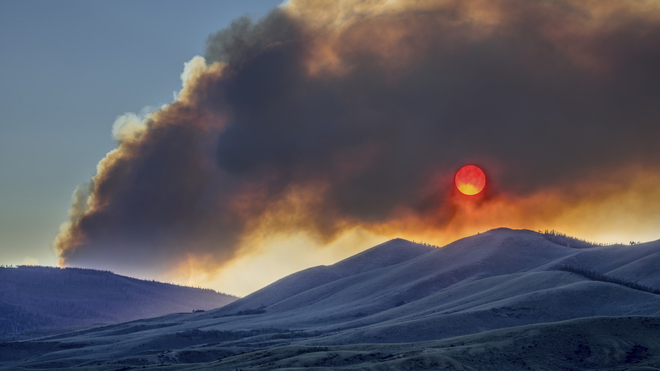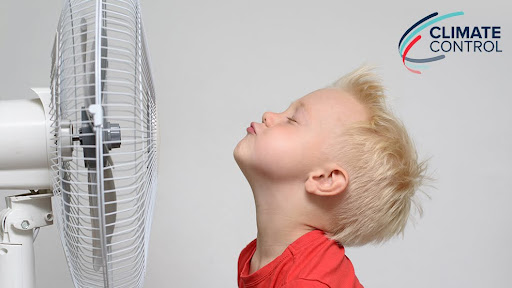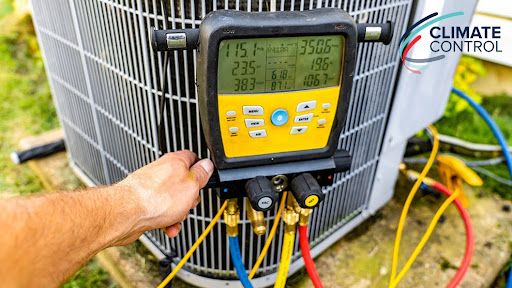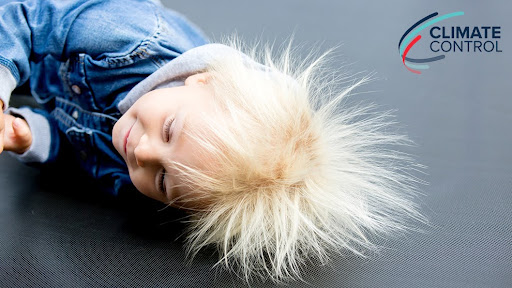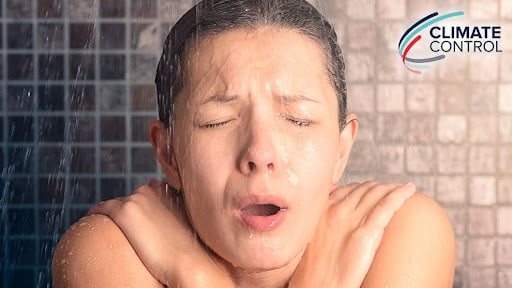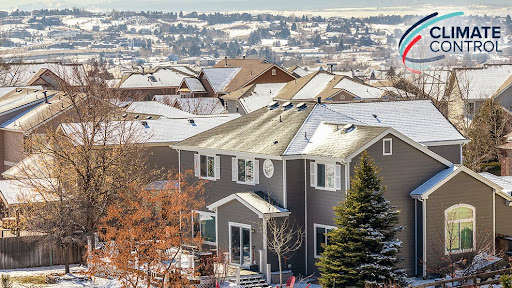I don’t have a crystal ball in my back pocket, but if this is a normal year the most active part of the Colorado wildfire season will soon be here. While many people aren’t bothered by the smell of wildfire smoke, health experts say you should avoid breathing it whenever possible. That’s especially true in heavy smoke conditions like is often experienced when wildfires are burning near Glenwood Springs, Aspen, or Vail, CO.
Who’s At Risk
Like any other outdoor or indoor air quality problems, wildfire smoke tends to have an exaggerated effect on people who have other risk factors. That includes:
- A person with heart or lung disease: Examples include heart failure, angina (chest pains), COPD, asthma, and emphysema.
- Older adults: As you age you are more likely to have heart or lung disease even if it hasn’t been diagnosed by a doctor.
- Children and teenagers: They are more at risk from wildfire smoke because their respiratory systems aren’t fully developed. Additionally, they tend to inhale more pollution per pound of body weight than adults. Young people are also more likely to have asthma.
- A pregnant woman: No one knows exactly what the risks are, but wildfire smoke could have potential health effects for the woman and unborn baby.
Staying Safe Indoors
In heavy smoke conditions staying inside as much as possible is usually the best option, but you must take steps to protect and improve your indoor air quality. Here are some important tips from Climate Control Company:
- When wildfires are burning nearby, keep the windows closed and run the air conditioning if you have it. The AC recirculates and filters the air but does not draw in outside air filled with smoke.
- Help your air conditioner keep the air clean by changing your HVAC filters regularly.
- Do not run your evaporative cooler during heavy wildfire smoke conditions. While swamp coolers are a great alternative to air conditioners, they continually draw outside air into your home.
Climate Control Can Help
Adding upgraded filtration and/or air purification systems to your Glenwood Springs, Aspen, or Vail, CO home will help protect against wildfire smoke, but this isn’t something you can do the day a fire starts burning in the Roaring Fork Valley or Vail Valley. Call Climate Control before the fire season arrives so we can show you some options for keeping indoor air quality healthy even when the outside air is filled with wildfire smoke. Be sure to like and follow us on Facebook and Twitter for more great HVAC information.

